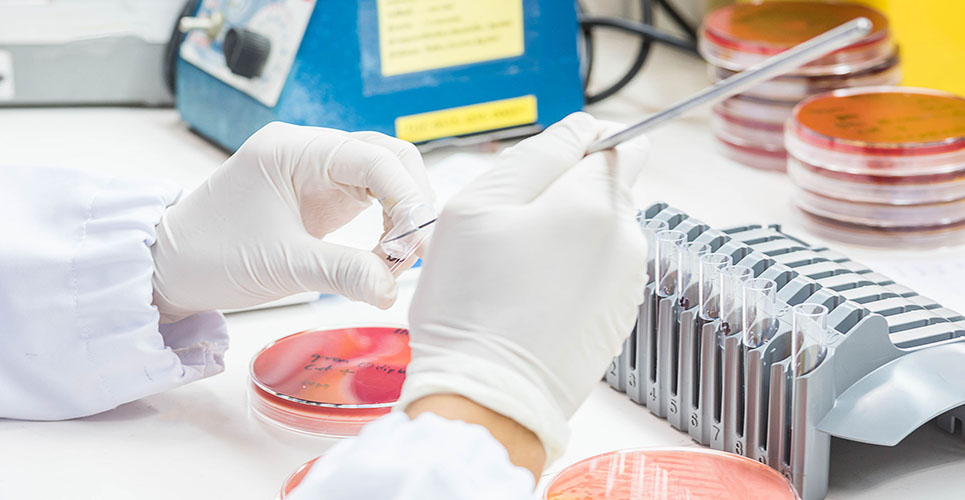↓Article continues below this sponsored advert↓

Explore the latest advances in cardiovascular care delivered by renowned experts from recognised Centres of Excellence and other NHS trusts around the UK. Gain CPD, put your burning questions to the experts, and boost your confidence when it comes to care for your patients.
↑Advertisement↑
Medicines that stop bacteria from harming their hosts, rather than kill them, could prevent bugs from evolving resistance to drug treatments, a review of research in the field suggests.
Scientists have found that anti-virulence (AV) drugs – which work in a different way to antibiotics – could help curb bacteria’s growing resistance to antibiotic treatments.
Current treatments for infections aim to kill bacteria or stop them from growing, but this can drastically alter how the bugs evolve, and aid the survival of resistant strains.
AV drugs can stop the parts of bacteria that make people ill from working without killing or harming bugs directly. By doing so, they treat infections without always promoting the spread of resistance.
The number of bacteria becoming resistant to antibiotics is growing, which means infections that are currently curable could become life-threatening if the bugs responsible become immune to existing drugs.
The University of Edinburgh team carried out a comprehensive review of research in the area over the last five years. They say advances in drug discovery methods, together with positive results in clinical trials, indicate that AV drugs could provide an effective and potentially longer lasting means of combating antibiotic resistance.
Findings from the study suggest the new medicines could work well both alone and in combination with existing treatments.
Researcher Richard Allen, from the University of Edinburgh’s School of Biological Sciences, said: “Our findings reveal that there are opportunities to make real progress in the fight against antibiotic resistance. Gaining a greater understanding of how virulence affects bacterial growth in the host should aid us in our efforts to develop effective AV drugs.”
The study, published in the journal Nature Reviews Microbiology, involved collaboration with the University of Nottingham.
Funding was provided by the Wellcome Trust, the Royal Society, the Engineering and Physical Sciences Research Council and the Natural Environmental Research Council.
For further information, please contact:
Corin Campbell, Press & PR Office, tel 0131 650 2246; [email protected]

